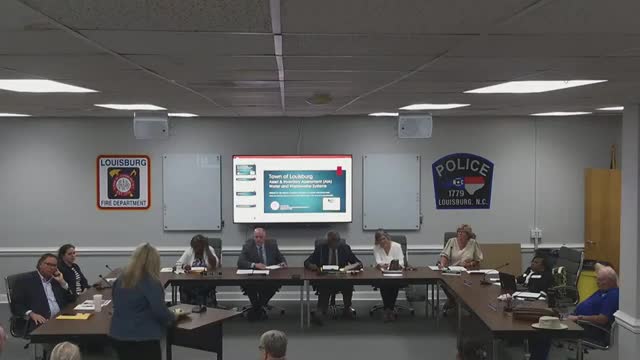Article not found
This article is no longer available. But don't worry—we've gathered other articles that discuss the same topic.
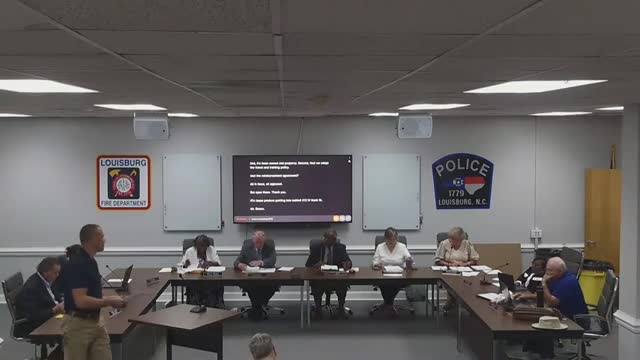
Louisburg approves lease of small parking lot behind 212 West Nash for event control
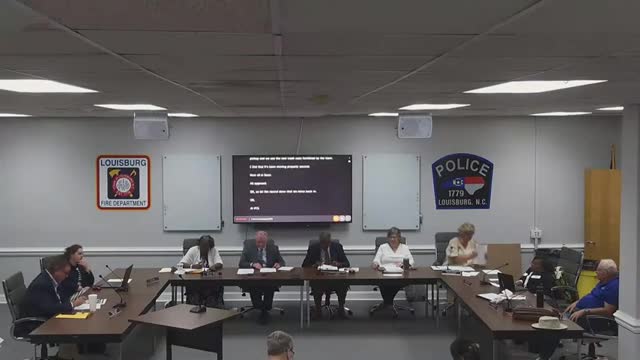
Louisburg council approves training reimbursement policy requiring two-year commitment
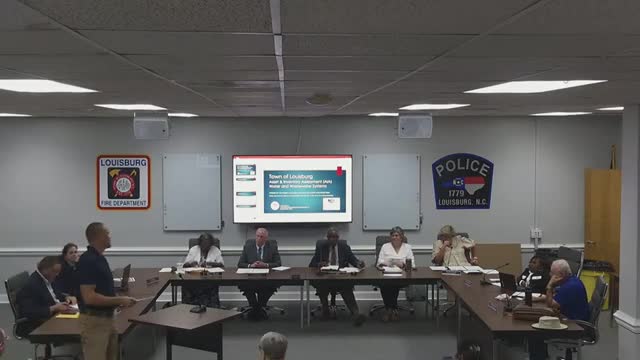
Louisburg receives water and wastewater AIA deliverables; council adopts resolutions
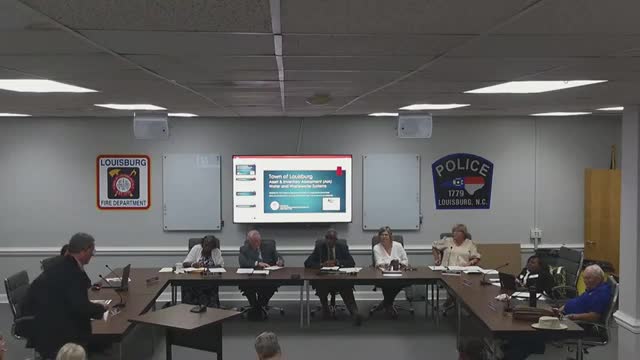
Louisburg council restores twice-weekly and backdoor pickup policy, discusses curbside recycling
